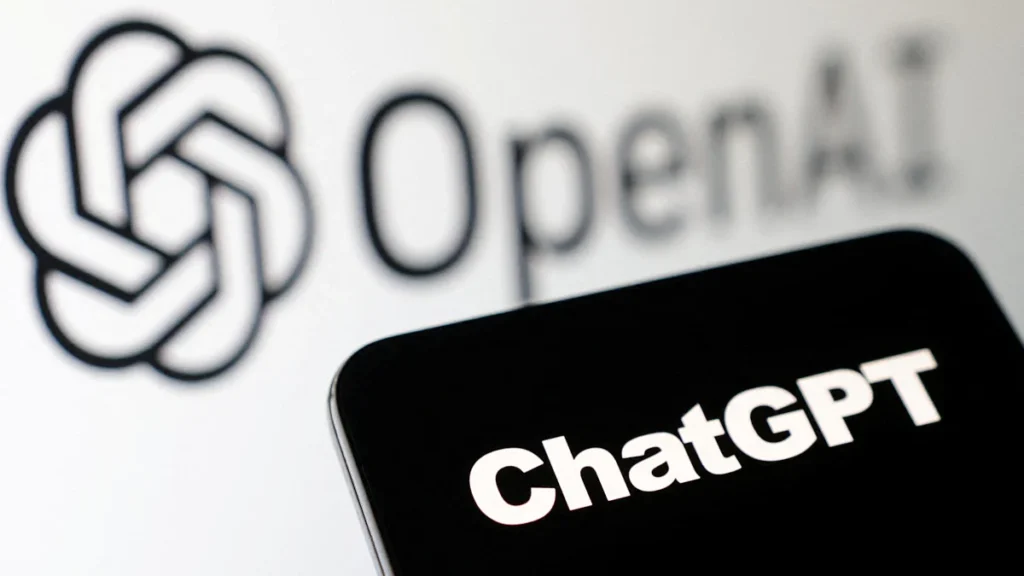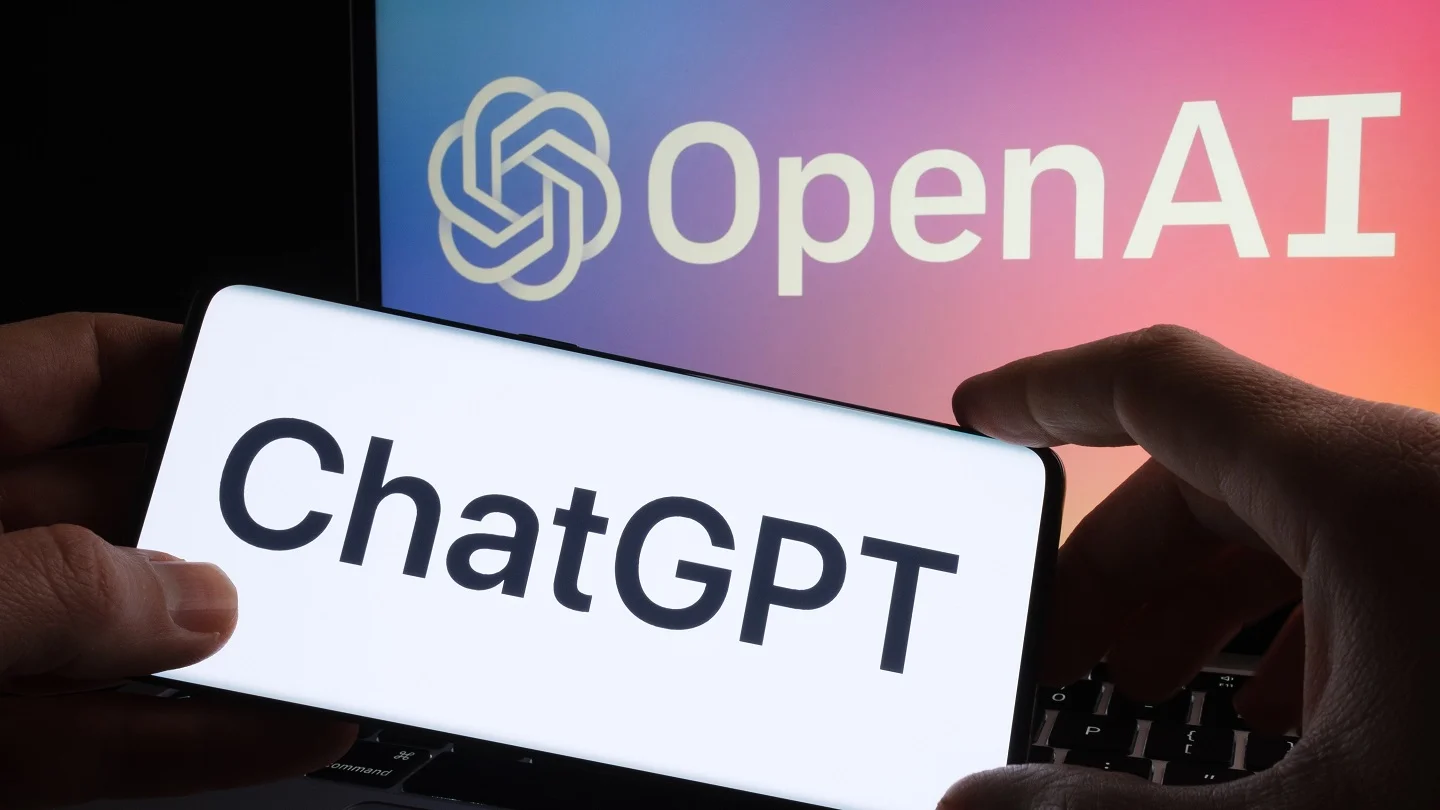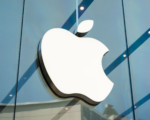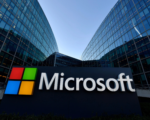OpenAI’s GPT Store Unveiling: A Strategic Move Following CEO Sam Altman’s Turbulent Ouster and Reinstatement in the Previous Year
OpenAI has officially launched the GPT Store, marking a significant milestone in the evolution of its popular ChatGPT chatbot. Initially delayed due to leadership upheaval last year, the GPT Store is now live for paid ChatGPT users. This online platform allows users to share their customized versions of ChatGPT tailored for diverse tasks, such as teaching math to children or concocting vibrant cocktail recipes. Aptly named the GPT Store, the platform curates publicly shared chatbots, opening avenues for users to eventually monetize their creations, akin to app stores like Apple Inc. or Alphabet Inc.’s Google.
Functioning similarly to traditional app stores, OpenAI’s GPT Store features a leaderboard showcasing popular and trending chatbots, categorized for easy exploration. According to OpenAI’s announcement blog post, users have already crafted an impressive 3 million custom chatbots, although the specific number available on the store at launch remains unspecified.

The GPT Store’s introduction aligns with OpenAI’s broader strategy to expand its service ecosystem and diversify revenue streams. In tandem with the store launch, OpenAI unveiled a new paid ChatGPT tier catering to smaller teams within companies, starting at $25 per user per month. This move follows the initial launch of a corporate version of ChatGPT in August, featuring enhanced features and privacy safeguards. The GPT Store and the new paid tier underscore OpenAI’s commitment to providing innovative solutions while exploring sustainable business models in the evolving landscape of AI services.
Users with paid access to ChatGPT, encompassing enterprise customers and ChatGPT Plus subscribers, are now granted the ability to utilize or create custom GPTs within OpenAI’s ecosystem. Although users won’t initially be able to monetize their chatbots, OpenAI has communicated its intention to share details on the monetization process within the first three months of the year. As outlined in the company’s blog post, individuals in the United States can anticipate compensation “based on user engagement” with their created chatbots.
Originally slated for a late November launch, the GPT Store rollout faced delays due to organizational disruptions stemming from the temporary ousting and subsequent reinstatement of Chief Executive Officer Sam Altman in November. Despite the setback, OpenAI is poised to introduce new GPTs each week, featuring a diverse array of chatbots. Noteworthy examples showcased at launch include a Canva-powered chatbot facilitating logo and flyer design and another recommending recreational hiking trails, highlighting the versatility and practical applications of custom GPTs within the evolving landscape of AI services.


















